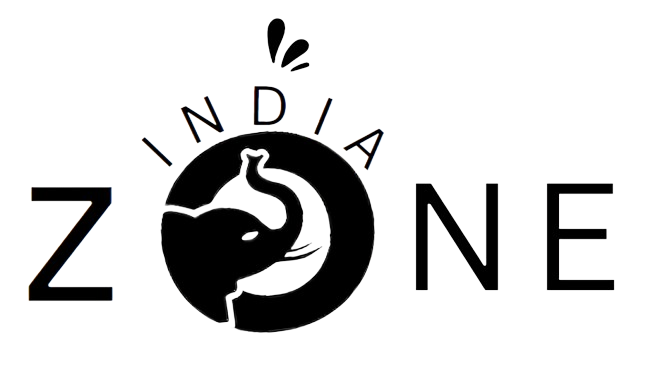
Foreign direct investment (FDI) in the insurance business has reached about Rs 54,000 crore over the last nine years, according to a shocking statement made by Financial Services Secretary Vivek Joshi.
This increase in investment is occurring in the context of the government’s proactive efforts to loosen rules controlling inflows of foreign money. Joshi expounded upon the gradual increase in the allowable foreign direct investment limit, highlighting the rise from 26% in 2014 to 49% in 2015 and ultimately to 74% in 2021.
He also highlighted a critical action taken in 2019 that significantly increased the allowable FDI ceiling for insurance intermediaries to 100%, resulting in a notable inflow of Rs 53,900 crore into insurance companies between December 2014 and January 2024.
Joshi highlighted the industry’s apparent growth, pointing out that the number of insurance companies had increased significantly from 53 to 70 by January 2024.
Additionally, he explained the positive trend of insurance penetration and density measures, pointing to an increase in insurance penetration from 3.9% in 2013–14 to 4% in 2022–23 and in insurance density from USD 52 in 2013–14 to USD 92 in 2022–23. According to Joshi, these measures are essential reference points for assessing how well the country’s insurance market is developing.
The industry’s extraordinary rise was not confined to a single element; rather, it was a multifarious one, as seen by the notable upsurge in assets under management (AUM) and the noteworthy rise in total insurance premiums.
The AUM increased dramatically, almost tripling from Rs 21.07 lakh crore in 2013–14 to an astounding Rs 60.04 lakh crore. This increase demonstrated investors’ growing faith in and involvement with the range of financial products and instruments the industry offers.
Concurrently, there was a startling increase in the overall insurance premiums, which doubled in size from Rs 3.94 lakh crore to a massive Rs 10.4 lakh crore by March 2014.
The increase in insurance rates is a reflection of the insurance industry’s capacity to meet the varied demands and preferences of its clientele, as well as the increased knowledge and adoption of insurance products.
All things considered, these astounding developments highlight the financial sector’s dynamism and tenacity, establishing it as a major force behind stability and prosperity in the economy.
Since its founding in August 2000, the insurance business has welcomed private companies and has seen a significant increase in international investments. The latest agreement between Zurich Insurance and Kotak General Insurance, which represents a significant FDI infusion into the industry, is particularly noteworthy.
The industry’s attraction to international investors is shown by Zurich Insurance’s proposal from last month to pay Rs 5,560 crore in one installment for a 70% share in Kotak Mahindra General Insurance. This action comes after Kotak Mahindra Bank made a strategic statement in November 2023 that it would sell Zurich Insurance a 51% ownership in its general insurance division for Rs 4,051 crore, with intentions to sell the remaining 19% of the company within three years.
The acquisition proposal is subject to the fulfillment of several customary conditions, underscoring the stringent examination that characterizes revolutionary transactions in the insurance industry.
Regulatory clearances from the Reserve Bank of India (RBI) and the Insurance Regulatory and Development Authority of India (Irdai) are the two most important of these requirements. These regulatory agencies are essential in monitoring the stability, honesty, and legality of the insurance and financial industries.
They make sure that all big deals follow the law and protect the interests of all parties involved.
Obtaining regulatory permission from the RBI and Irdai necessitates a rigorous assessment and investigation process.
To reassure authorities of their ability to maintain the integrity and solvency of the acquired firm, the acquirer must exhibit financial stability, operational competency, and adherence to regulatory criteria.
To protect policyholder interests and preserve a fair and competitive environment in the insurance sector, factors like consumer protection, market competition, and systemic risk are also carefully considered.
Moreover, the process of due diligence goes beyond just regulatory compliance to include an exhaustive evaluation of diverse operational, financial, and legal facets. In order to reduce potential risks and guarantee a smooth integration after the acquisition, this entails carefully examining the target company’s assets, liabilities, governance structure, risk management procedures, and contractual responsibilities.
Essentially, the completion of conventional requirements—specifically, regulatory clearances from the RBI and Irdai—highlights the painstaking attention to detail and observance of regulatory norms that are essential to these kinds of game-changing deals in the insurance industry. As a result, it eventually fosters trust, stability, and resilience in the insurance industry by demonstrating the commitment of all parties involved to carrying out the purchase in a transparent, compliant, and responsible manner.











